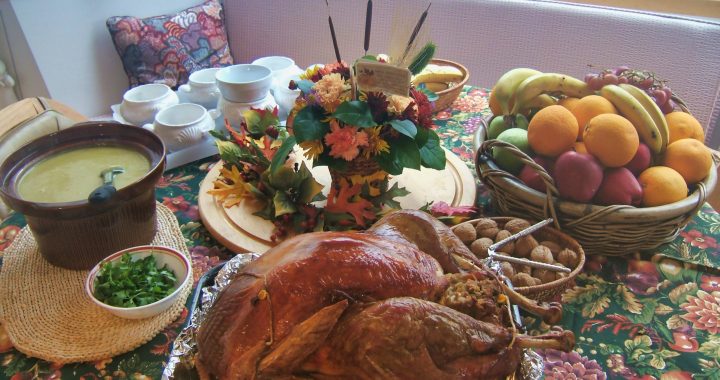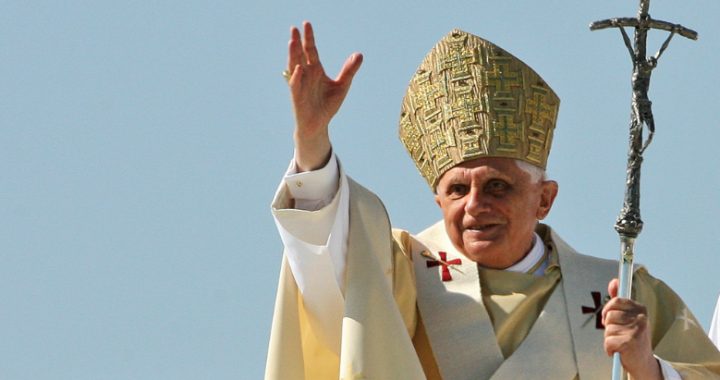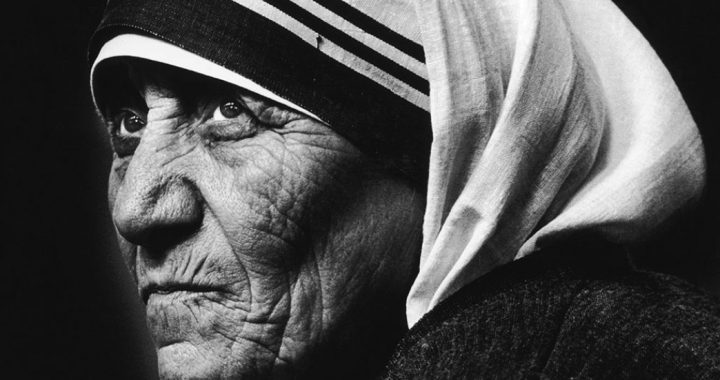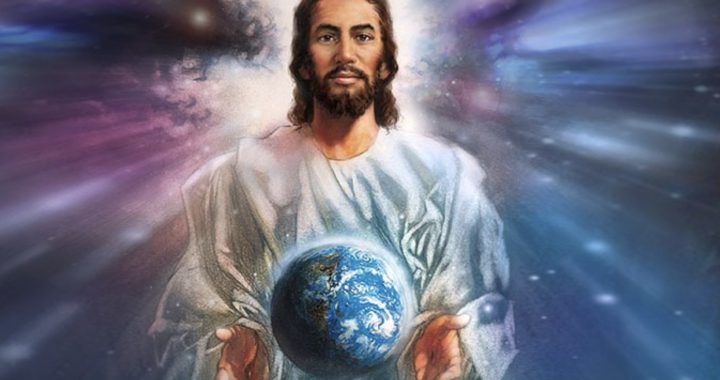The symbol of unity that binds men to each other, and to God
“But now do not be distressed, and do not be angry with yourselves for having sold me here. It was really for the sake of saving lives that God sent me here ahead of you.” (Gen 50:20)
These were Joseph’s reassuring words to his brothers who, in previous chapters and several years earlier, sold him to slavery in a foreign country. An amazing act of forgiveness isn’t it?
How many of us, if in Joseph’s position, are tempted to inflict some sort of vengeance against such conniving brothers. After all, the hurt from being abandoned by your closest family members is a cut too deep to heal. But Joseph chose to recognise something else instead: God’s infinite mercy.
And, not only that, he commanded his servants to throw a feast for them! Unbelievable. But, Joseph demonstrated one clear point: God seeks the good of everyone. In the New Testament, Christ echoes this. He teaches us to forgive our enemies because this is God’s nature. He lived this out, dying for all men, not just some.
Our true enemies are not physical, but spiritual.
Joseph’s altruistic action has a link to another striking verse in the Old Testament: “I will prepare a table in the presence of your enemies.” (Ps 23:5)
This is exactly what took place with Joseph for his brothers. It wasn’t a table of vengeance, with scorpions and poison served on a platter, as you would see on Fear Factor. It was a genuine table of love and plenty.
It was a literal feast.
Feasts are connected in Scripture with tables since they are meals. The table is where we offer things to God, and where God presents things to us.
The Passover table is the most important symbol in our religion because it is the table of the Last Supper. And the Eucharist is the body of Christ.
Saint Paul stresses the importance of the Eucharistic meal in a very famous verse: “Therefore whosoever eats the bread or drinks the cup of the Lord unworthily shall answer for the Body and Blood of the Lord“ (1 Cor 11:27)
“Therefore my brothers, when you come together to eat, wait for one another. If anyone is hungry, he should eat at home, so that your meetings may not result in judgement.” (1 Cor 11:33-34)
What St Paul is thinking of in 1 Cor is not readily apparent to us. In our day, the Eucharist has already become stylized, ceremonialised and ritualised. In the early Church, the Christians actually did break actual loaves of bread. St Paul is dealing with a sort of desecration that would be a joke if anyone tried it today. The Corinthians were eating the bread before the ceremony began!
If we translate what St Paul says in 1 Cor 11 to modern speak, it could be like this:
“Please remember, the Bread in the Eucharist is the Body of Christ. It is not the bread at a buffet, where you can grab and chomp down. If you treat it as such, you are not worthy to receive the Sacrament.”
When St Paul mentions the phrase “discerning the body” earlier on, he isn’t merely talking about it in a moral sense, that is teaching that when eating the bread, they are eating the body of Christ, and so they shouldn’t disrespect it. Instead, he is pointing out something else that is equally important: the Eucharistic meal is a sign of the spiritual unity of the Church. It is in partaking of the Bread that we show that we are One Church.
Discerning the body refers to recognizing that all the believers together make one whole.
Given that today we have split up the bread into small hosts, that significance may be somewhat lost on us.
The most significant split in Christian unity occurred with Martin Luther’s Reformation in the 16th century. There have been other divisions in various degrees since then. In Asia, the most prominent is in China between the Communist government-controlled Patriotic Church, established in 1957, and the Underground Church, which retains allegiance to the Pope.
In this unfortunate situation, both groups are forced to exist separately. Our feeling of scandal should deepen by noting that despite the division, their worship of God is identical. In fact, no Pope has accused Catholics in the Patriotic Church as heretics.
In fact, although Pope Benedict XVI acknowledges they are under the control of the CCP, he nevertheless said:
“In China, too, the Church is called to be a witness of Christ, to look forward with hope, and – in proclaiming the Gospel – to measure up to the new challenges that the Chinese People must face.”
Pope Benedict XVI,
2007 Apostolic Letter to Catholic clergy and lay in China
The tenuous relationship between China and Christianity has little to do with the atheism of the Communist Party, as it arose from the Rites Controversy during the Ming Dynasty and the Taiping rebellion towards the end of the Qing Dynasty.
In short, the division is because of the fractious relationship between China’s communist authorities and Western countries whose clergy, they felt, when they were there in the past, exported their personal political views.
The situation in China, then, is probably more analogous to the Investiture Controversy in medieval France as opposed to the Civil Constitution of the Clergy in Revolutionary France. Therein exists a defence of Pope Francis’s attempt at establishing ties with China. Without attempting to second guess his or the Holy See’s intentions, there is a case to make that it is to unite all Catholics so that they can worship openly as one.
As Christians, we need to recall the eschatological promise that in the New Jerusalem everyone will be ringing out praises to God in public. Yes, we should embrace martyrdom as a cross when we have to bear it. And we need to hail those holy men and women of China, and elsewhere who have bravely stood up for the faith with their lives.
But, it is a distortion of Church teaching to say that the aim of a Christian in life should be to seek martyrdom. Doing so would mutate God’s promise of Eternal Life into one of Eternal Death, and be a grave disrespect to the martyrs whose love of God we claim to emulate.
In the end, we all wish to be fully alive and visible at the Great Heavenly Banquet of God.
Image: Christopher Ryan, Unsplash




